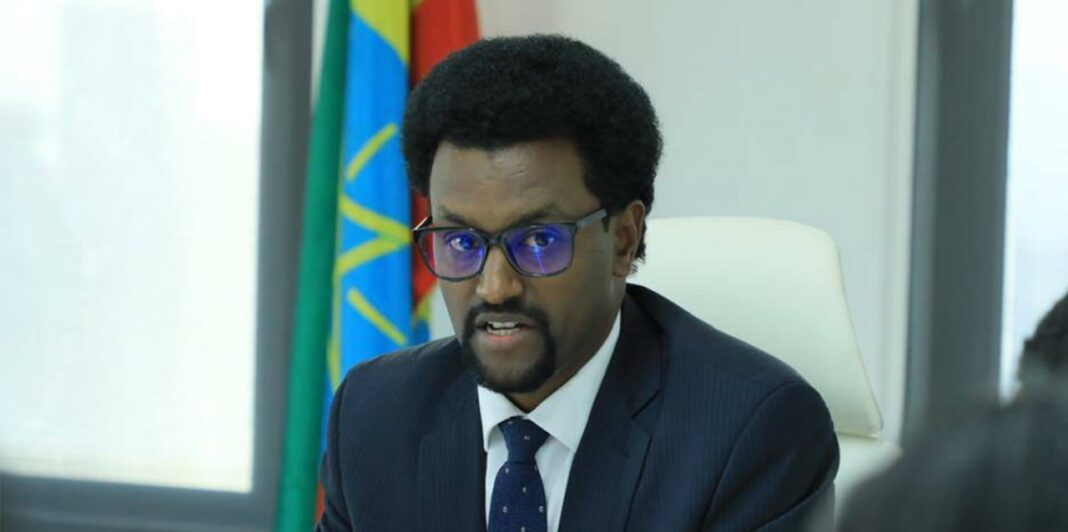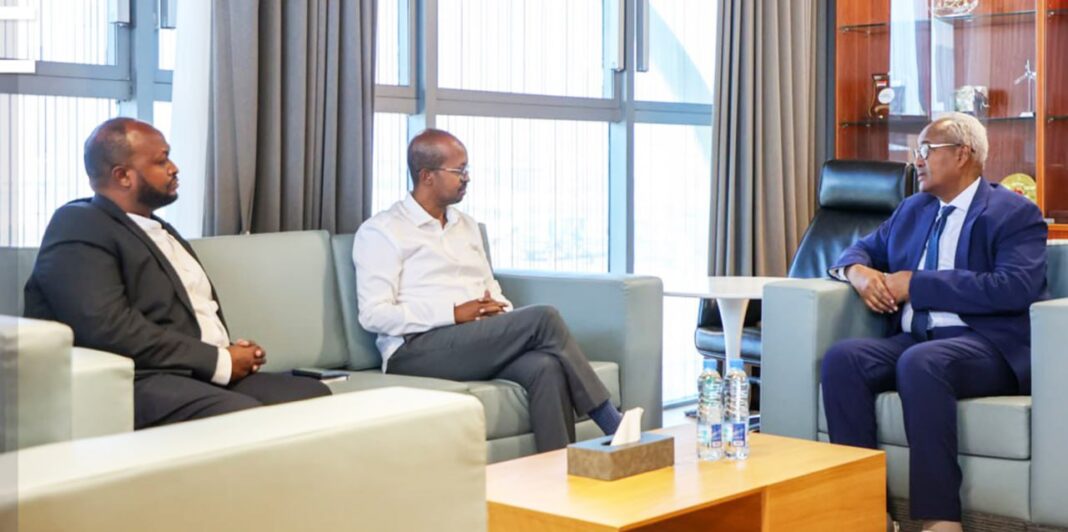Ethiopia’s efforts to create a more business-friendly environment are paying off, with the nation attracting nearly $1.2 billion in Foreign Direct Investment (FDI) in the first four months of the fiscal year. This investment surge follows a series of over 80 reforms implemented over the past six years, aimed at streamlining business processes and opening new sectors to foreign investors.
Zeleke Temesgen, Commissioner of the Ethiopian Investment Commission (EIC), highlighted the positive changes, noting that they have created a more favorable market environment for investors. The EIC now provides comprehensive support, assisting with everything from visa applications and residence permits to banking assistance and market linkage facilitation, removing bureaucratic hurdles.
Significant legislative reforms, including amendments to the Commercial Code, the introduction of the Capital Markets Act, and the passage of the E-Transaction Act, have provided investors with greater predictability and certainty. Notably, the business sector, previously closed for over 50 years, has been liberalized, allowing foreign investors to participate in wholesale, retail, import, and export.

In a recent interview, the Commissioner noted that FDI is 6.4 percent higher than in the same period last year. This growth reflects investors’ increasing confidence in the Ethiopian market, driven by its strategic location, vast market (population over 120 million), access to cheap energy resources, and well-developed industrial parks.
Ethiopia’s strategic focus on five key economic pillars – manufacturing, agriculture, ICT, mining, and tourism – creates diverse investment opportunities. The agricultural sector, the backbone of Ethiopia’s economy, offers lucrative prospects in areas such as coffee processing, fertilizer production, and improved seed and animal feed production. The energy sector, with its abundant renewable resources, presents significant potential for investors in hydropower, geothermal, solar, and wind power.
Ethiopia’s membership in the African Continental Free Trade Area (AfCFTA) and COMESA has further enhanced its attractiveness, granting investors access to a broader African market. Recent macroeconomic reforms, including the liberalization of the foreign exchange system, have addressed previous challenges related to foreign exchange access and dividend repatriation. Investors in special economic zones can now retain up to 100% of their foreign exchange earnings. The establishment of special economic zones aims to enhance the business climate and attract further investments.







